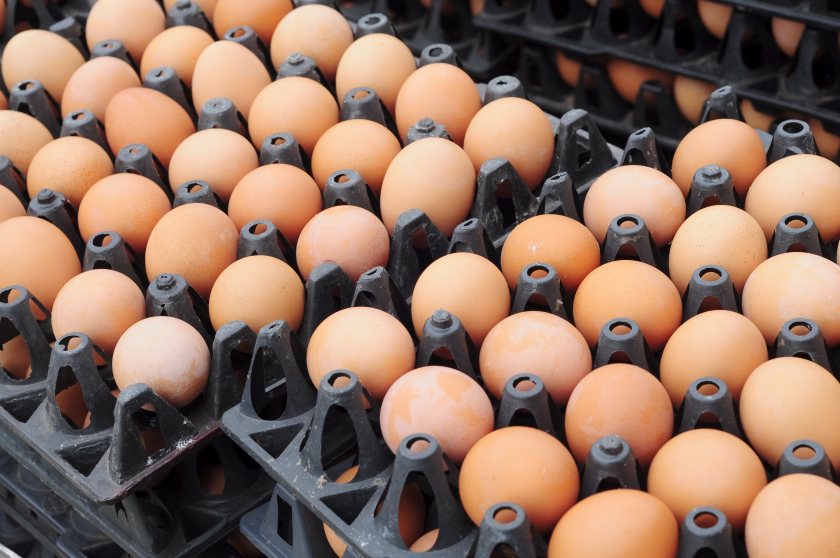
Eggs have been linked to salmonella outbreaks in six different countries, including the UK - and Spanish farms have again been implicated.
The European Food Safety Authority (EFSA) revealed that nearly 300 cases of salmonella enteritidis had been recorded.
Two people had died and 25 people were hospitalised, said EFSA. A Spanish packing centre has been linked with the outbreak.
A report just released by EFSA said the latest outbreak came to light in September 2021 when France reported an increase in salmonella enteritidis ST11 infections.
By 11 January, 272 confirmed cases had been reported in five European Union, European Economic Area countries and the UK.
A total of 216 cases were in France, 22 in Spain, 12 each in the United Kingdom and the Netherlands, seven in Norway and three in Denmark.
“Some cases reported in France in 2021 had visited restaurants serving eggs distributed by a common supplier, Spanish Packing Centre A,” said the authors of the report.
"The eggs originated from three Spanish farms, one testing positive for the outbreak strain. Fresh table eggs from the farms linked to the outbreak were withdrawn and redirected for use in heat treated egg products.”
They said that no other countries received eggs from the same farms via Packing Centre A during the summer of 2021, so the source of infection for cases in late 2021 and in countries other than Spain and France could not be established.
But they said: “This 2021 outbreak is linked microbiologically to a historical cross-border outbreak reported by the Netherlands in 2019.
"Eggs consumed by cases in the Dutch outbreak were traced back to a Spanish farm, but it was not possible to identify an epidemiological link with the 2021 outbreak.
"This suggests a wide distribution of the outbreak strain that could affect the food supply chain and/or earlier steps in the production chain.
"There may be multiple heterogeneous sources of salmonella enteritidis ST11 and the outbreak strain could also be circulating at other farms, inside or outside Spain,” said the authors.
They warned that the risk of new infections caused by the outbreak strain and contaminated eggs remained high in the EU and EEA.
It was important to foster cross-sectoral investigations of contaminations in the egg supply chain in countries where salmonella enteritidis ST11 had been detected, they said.
The UK Health Security Agency (UKHSA) said that this specific strain of salmonella enteritidis ST11 linked with the outbreak in France was part of a wider microbiological cluster of salmonella that likely had multiple different sources of contamination and had persisted in food supply chains in Europe for several years.
“From the information available, many of the UK cases in this specific strain reported in 2021 and in previous years had illness likely associated with travel outside the UK during their incubation period.
"There is no evidence of this specific strain being linked to the UK domestic market and no indication that the strain is circulating within the UK food chain at this time. UKHSA will continue to closely monitor the situation.”
The British Egg Industry Council (BEIC) has previously called for Britain to source only British eggs after a number of health scares involving imported eggs.
Previous cases of salmonella found in the UK have been traced to both Spain and Poland. There have also been incidents of eggs contaminated with fipronil and dioxin.
Salmonella in British laying flocks was down last year, according to figures released by the Animal and Plant Health Agency (APHA).
The APHA report revealed that a total of 42 adult laying hen flocks, originating from 28 separate holdings, tested positive for salmonella under the statutory testing programme during 2020.
This was a reduction of 12.5 per cent compared to 2019, when 48 positive flocks from 34 separate holdings were positive.
The 2020 figures were also 37.3 per cent lower than the 67 positive flocks in 2008 when the National Control Programme (NCP) was first implemented.
